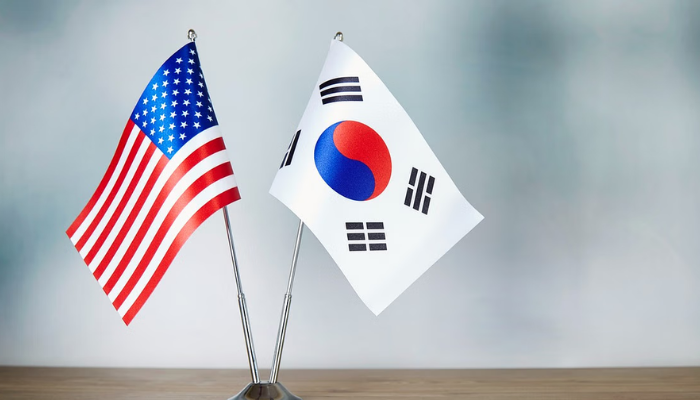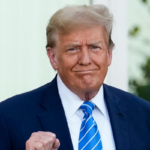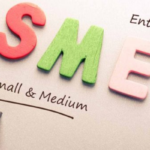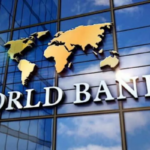…Hana leads multibillion-won support effort as others follow suit
South Korean financial institutions are responding swiftly to protect small and medium-sized enterprises (SMEs) following the announcement of new tariffs by US President Donald Trump. The move has raised concerns across business sectors, particularly for exporters and manufacturers already facing tough economic conditions.
Hana Financial Group has pledged 6.3 trillion won (US$4.38 billion) to support SMEs and small business owners. The package includes expanded access to loans, reduced interest rates, and longer repayment periods to support companies managing cash flow challenges.
Hana Bank, the group’s primary lending division, is allocating 6 trillion won of the total amount to provide liquidity for SMEs. An additional 24 billion won will be directed towards auto parts manufacturers—one of the sectors most affected by the tariffs—through a collaboration with the Korea Credit Guarantee Fund.
Read also: Global SMEs face strain as Trump maintains tariff pressure
The bank is also adjusting trade finance conditions for exporters, choosing not to downgrade credit ratings and instead modifying financing limits to ensure business continuity.
Another 300 billion won will be made available as special loans to support small merchants under financial pressure.
“We are committed to supporting SMEs and small merchants as they navigate the challenges brought by these tariffs,” said Ham Young-joo, Chair of Hana Financial Group.
Broader response from major financial groups
Other leading South Korean financial groups are also taking action.
Shinhan Financial Group has scheduled an emergency meeting for Friday. Chair Jin Ok-dong and senior executives are expected to discuss strategies for market stabilisation and SME support.
KB Financial Group is holding a high-level strategy session led by Chair Yang Jong-hee to explore financial relief options for affected businesses.
Woori Financial Group is closely monitoring currency volatility and market shifts to anticipate further economic disruptions and respond accordingly.
Read also: NCBA and AGF renew KES 3bn credit guarantee to boost SME financing in Kenya
A test for South Korea’s economy
The new tariffs have triggered concern among South Korean businesses, especially those in export-driven industries. SMEs, which form a large part of the economy, are particularly vulnerable to external shocks and market uncertainties.
Financial institutions are positioning themselves as key stabilisers. The coordinated response aims to reduce the risk of business closures and maintain confidence in the economy.
The coming weeks will be a critical period for SMEs, the financial sector, and policy stakeholders. With major banks committing billions of won to relief efforts, the goal is to ensure small businesses can endure the impact of the trade policy changes.










